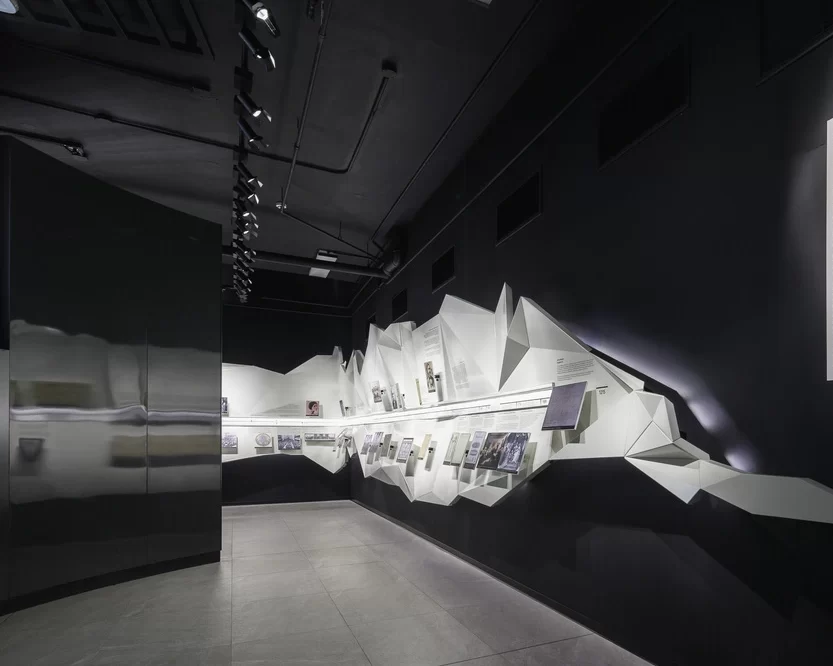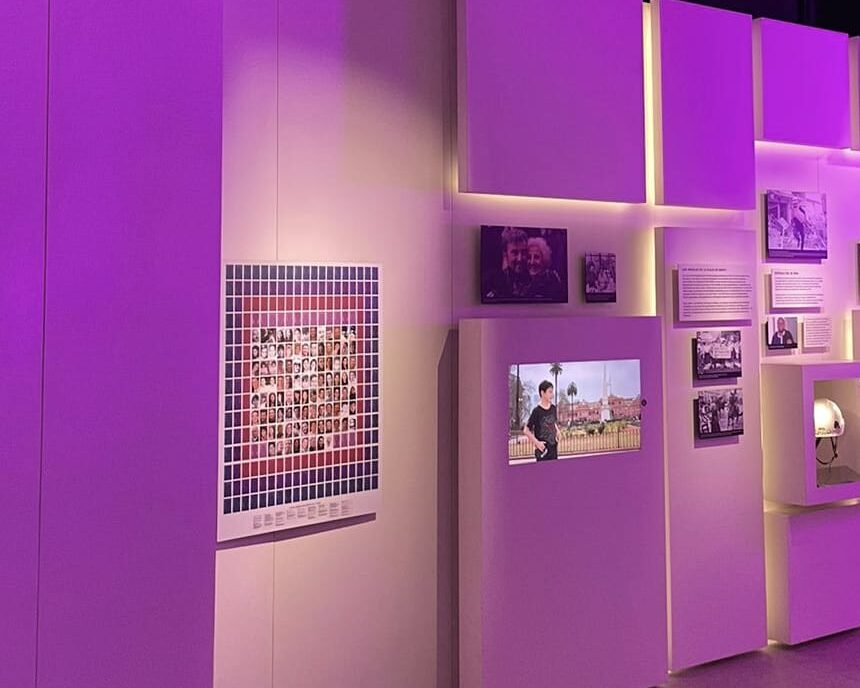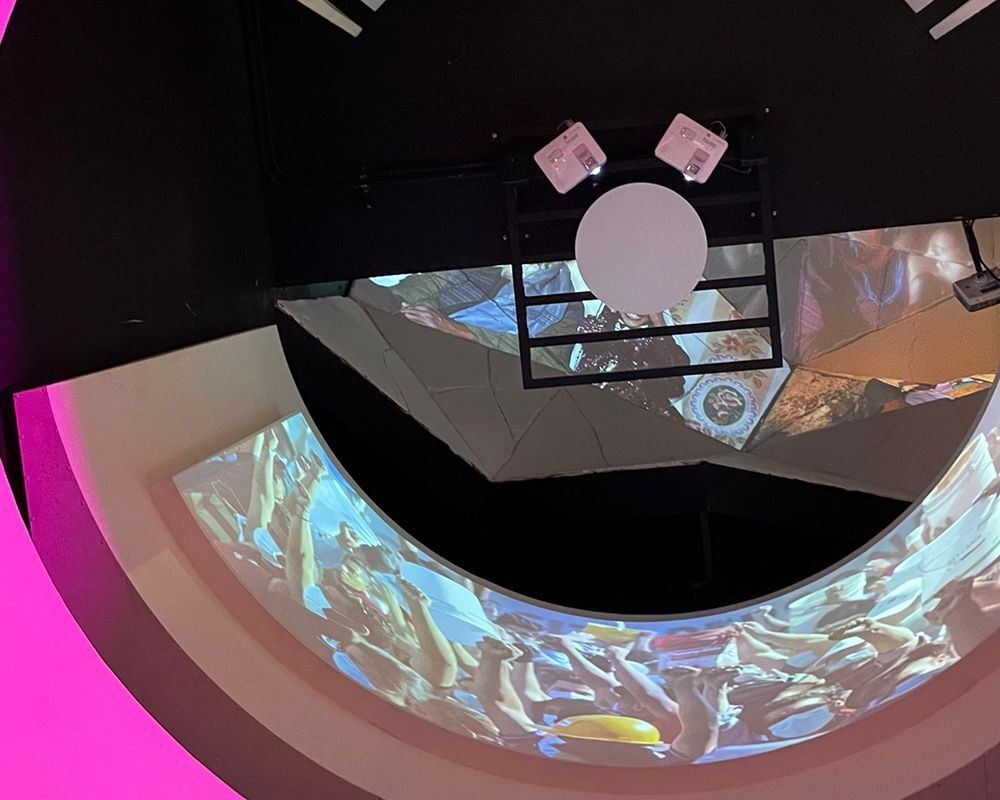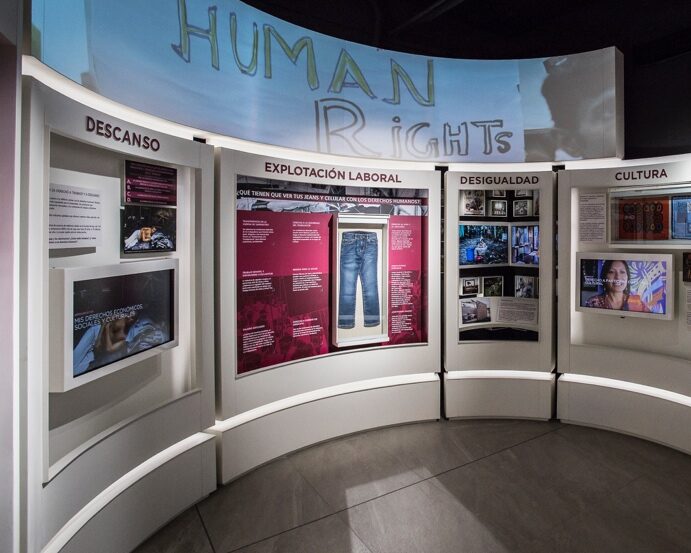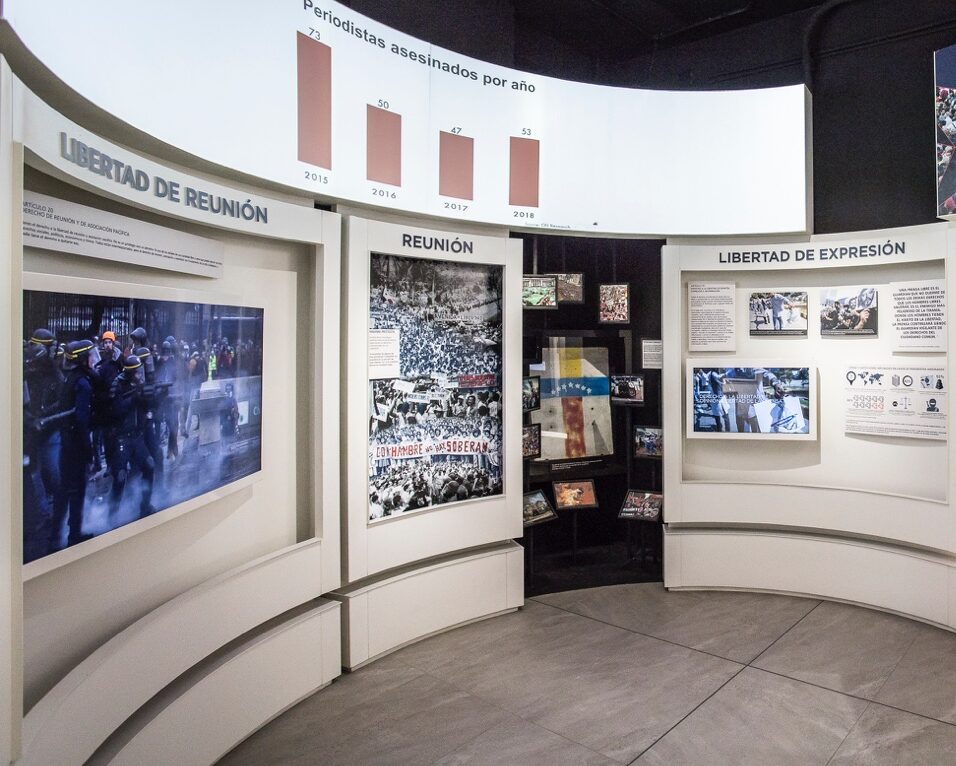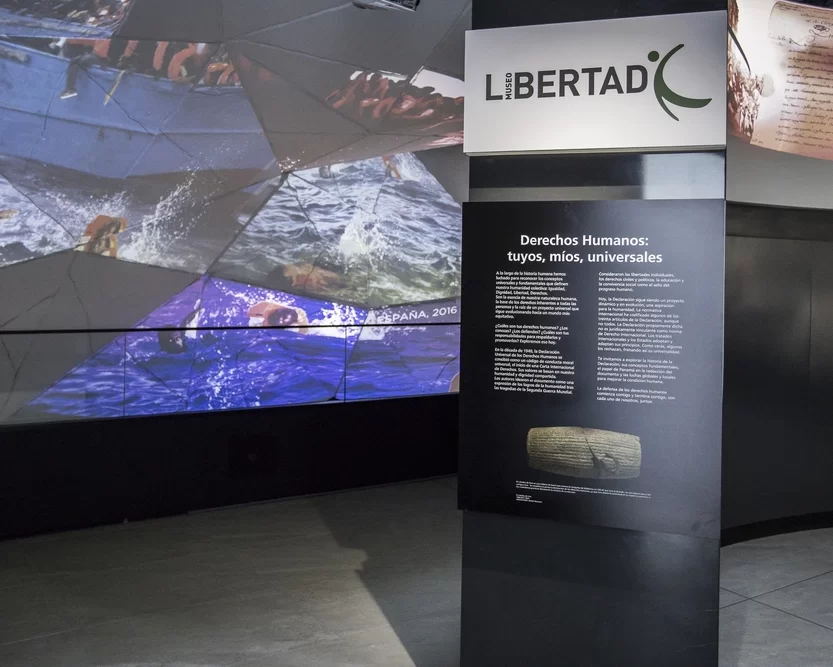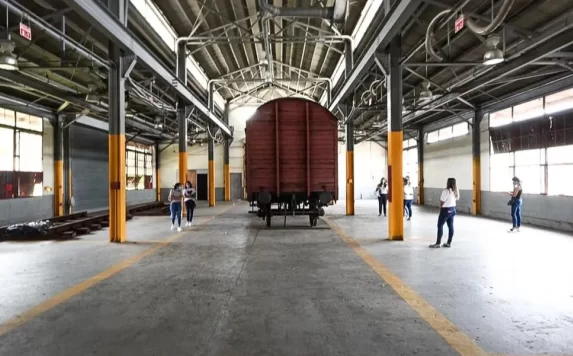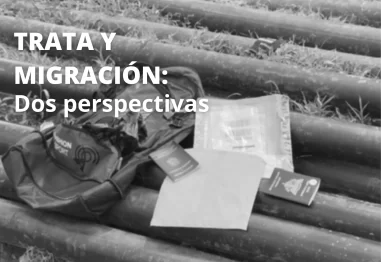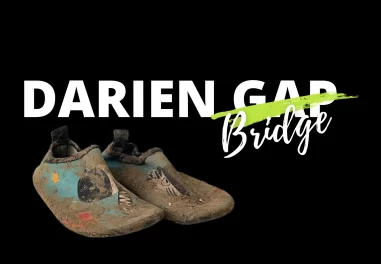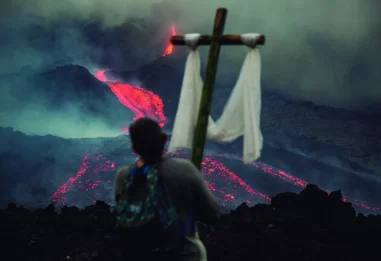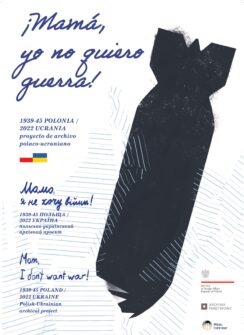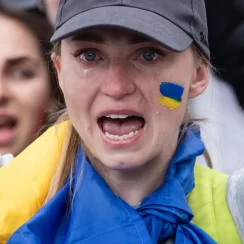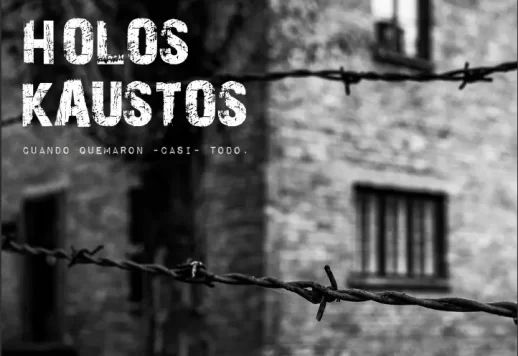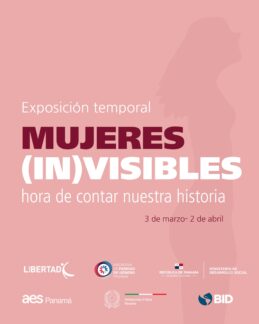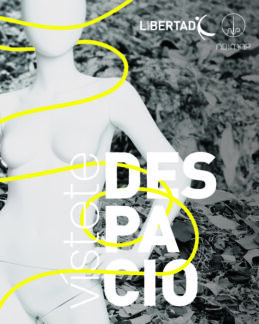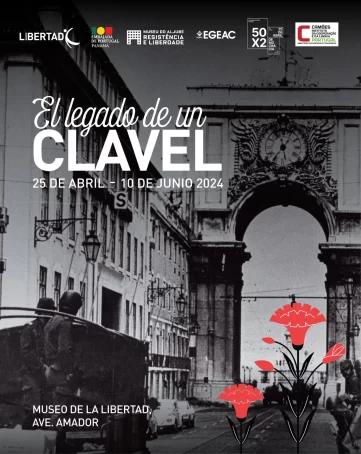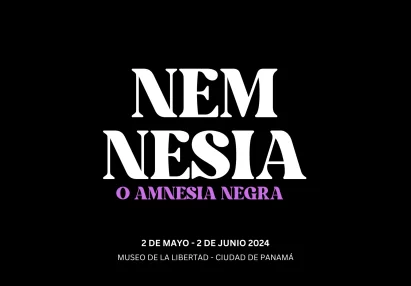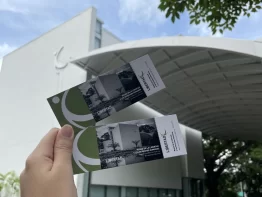Permanent Exhibitions
The evolution of Human Rights has not ended, where to go now?
Appreciates the course of the demand for human rights, which embodies the recognition of identity concepts of humanity.
Explore case studies related to each article of the Universal Declaration of Human Rights and get to know the faces of some inspiring voices in their daily advocacy.
Physical integrity
The rights illustrated in this section are the most intimate, because they reflect the struggle for full sovereignty and self-determination that we have over our physical bodies and well-being. We all have the right to life, not to be enslaved, tortured, or arbitrarily detained, and not to be denied asylum. We highlight illustrative cases on exiles in Panama, modern slavery, refugees, and the Rwandan genocide.
The Right to Privacy, Family Life, and Belief
Every person has the right to have their private and family life be respected. This includes the right of each person to make decisions about his or her own life, as long as there is no interference with the rights of others. The case studies in this section highlight the serious threat to the interests of individuals, and society as a whole, when there are breaches of online privacy; the importance of every individual having the right to choose his or her life partner; and the right to practice religion, or no religion at all.
Economic, Social, and Cultural Rights
Everyone has the right to a dignified life. This includes the right to education; the economic and social rights indispensable to a person's dignity; the right to work in just and favorable conditions; the right to rest and leisure; and the right to a standard of living adequate for an individual's health and wellbeing. It also includes the right of each person to take part in cultural life, and to have their culture be respected.
Case studies include an analysis of the success that the Guna community, as well as other indigenous communities, have had protecting their intellectual property rights. Other cases examine the exploitation of workers in the international textile industry and in the electronics industry, two industries which are vital for maintaining a well functioning society.
The Right to Participate in Society
Everyone has the right to participate in society. This includes a person's right to a nationality; their right to vote; and their right to be involved in decision-making processes that affect them. It also encompasses the right to freedom of association, and the right to assemble peacefully.
Case studies from several different countries examine this right. Some of these cases highlight the importance of the freedom to assemble and protest, while others examine the essentiality of a free press in a democracy. There are also examples of controversial elections in Panama; an analysis of the right to a nationality in the Dominican Republic; and a study of the basic right of freedom of movement.
The Right to Justice
The right to justice is both a basic human right and a means to protect all the other universally recognized human rights. Justice protects individuals from discrimination, violence, injustice, and corruption. In addition, it promotes the peaceful coexistence of individuals in a society, and it is vital for building strong and fair communities. Kofi Annan, Secretary-General of the United Nations from 1997 to 2006, and a Nobel Peace Prize laureate, observed that: "The Rule of Law is not a luxury and justice is not a side issue. . ."
Temporary Exhibitions
Exhibition of objects and photographs
October 5th to 30th, 2022
An exhibition featuring objects and photographs that explore the connection between human trafficking and irregular migration from the perspective of Crime Stoppers. It also showcases the vision of migration through evocative photographs taken by students from Jacarandá College, inspired by literary analysis.
In collaboration with Crime Stoppers and Jacarandá College.
Itinerant Exhibition
December 2022
In Panama, the Darién jungle ceases to be a "barrier" and transforms into a "bridge" for the thousands of irregular migrants who cross it each year. The Freedom Museum, in conjunction with Crime Stoppers, presents a traveling exhibition featuring a series of images captured by photographer Diego Cedeño. Accompanied by personal items abandoned by migrants after crossing the jungle, these images reflect the harsh and unpredictable journey they undertake in their pursuit of the "American dream."
Previously showcased in Washington D.C. at the United States Senate and the J.W. Perry Center for Hemispheric Studies, as well as in Panama City at the Latin American Parliament and the University of Panama.
In collaboration with Diego Cedeño (Photographer) and Crime Stoppers.
Photography Exhibition
December 15 2022 to january 29 2023
Exhibition based on drawings by Polish children who lived through the attack of Nazi Germany and the Soviet Union on Poland during World War II (1939-1945), and recent drawings by Ukrainian children presenting the current Russian attack on Ukraine (2022).
Photography Exhibition by Diego Cedeño
January 17, 2023 to February 24, 2023
Holos - Kaustos is a visual memory of what is left of the world's most infamous concentration camp in modern history: Auschwitz-Birkenau. At the same time, it's the memories and presence of those who lived to tell their stories.
A Memory after the Holocaust
May 24th to June 15th
Exhibition about the life of Anna and Zygmunt Rotter, whose story has been the inspiration for the work "A Memory after the Holocaust."
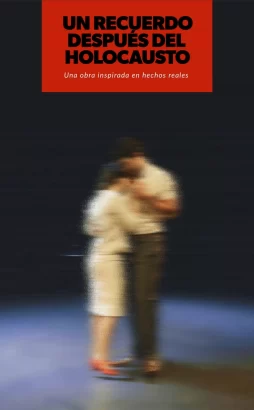
For Sale or Rent: A Look at Human Trafficking
July 19th to September 10th
This exhibition recreates scenarios of human trafficking for the purposes of labor exploitation, sexual exploitation, child pornography, and organ trafficking. It explains the modus operandi and the sinister mechanisms of victim recruitment employed by criminal organizations.
In collaboration with Crime Stoppers and UNODC
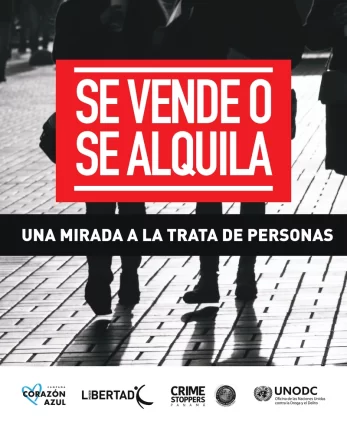
Alzheimer The hidden memories
September 21th to October 22th
Heriberto Gomes' artistic project explores Alzheimer's and its impact from an innovative perspective, uniting art and science to address memory loss. Through various artistic expressions, he invites us to reflect on the connection between apparently separate fields and to understand the emotional reality of this disease. The works presented, from paintings to installations, seek to represent the experience of those suffering from Alzheimer's.
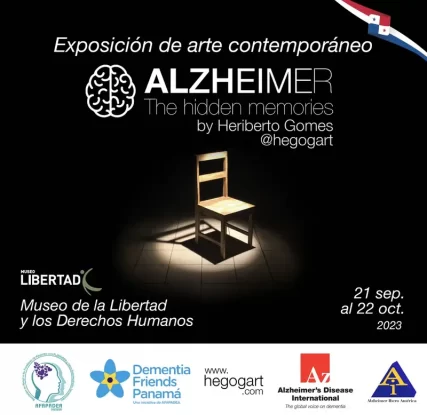
Photography exhibition
December 6th to 27th, 2023
CENACEP presents the first Panamanian flag printed on the International Space Station, which orbited 131 million kilometers in space, along with amazing photographs of the cosmos taken from Panama.
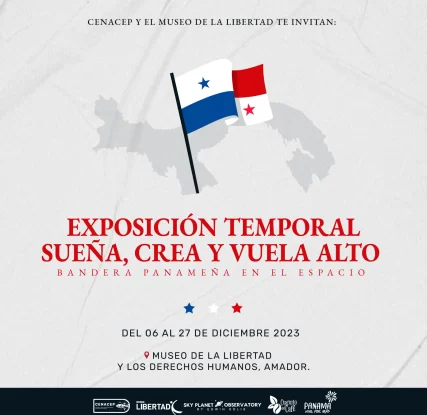
Photography exhibition
January 9th to 28th, 2024
Impactful photographs capturing the events that defined the path to the recovery of sovereignty.
Introductory text by historian Dr. Patricia Pizzurno Gelós.
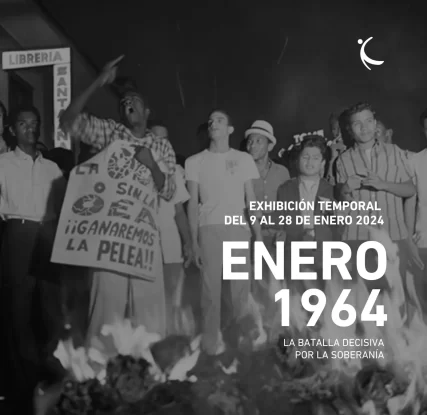
Photography exhibition
Coming soon
A compilation of striking photographs by the award-winning film producer and director Iván Yasniy.
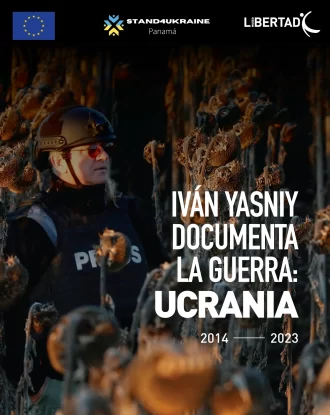
Photography Exhibition
April 25 to June 10, 2024
Exhibition that commemorates the 50th anniversary of the Carnation Revolution, a peaceful popular-military movement, which put an end to 48 years of dictatorship in Portugal on April 25, 1974.
Presented in conjunction with the Aljube Museum - Resistance and Freedom (Lisbon), with the sponsorship of the Portuguese Embassy in Panama.
Art Installation
May 2, 2024 to June 2 23, 2024 (extended)
NEMNESIA, or “black amnesia” addresses the loss of connection and information that black women experience in their bodies, as a consequence of the society in which they inhabit. It is a journey through pain, love, introspection, healing, celebration of the identity and resistance of black women in Panamanian society through different artistic proposals presented by Jhojaddy Ramírez and Mahogany Niles.
Illustration Exhibition
July 12 to 18, 2024
Collection of Illustrations through which the renowned Peruvian artist Issa Watanabe addresses migration, evoking in a poetic and delicate way the feelings and emotions surrounding the journey of migrants
Presented by the Embassy of Peru in Panama
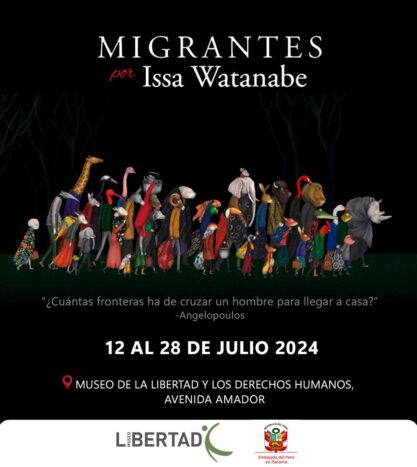
Temporary Exhibition
August 1 to 11, 2024
Temporary Exhibition that seeks to give a voice to mothers in a vulnerable moment and raise awareness in society about how to promote the mental health of mothers during breastfeeding.
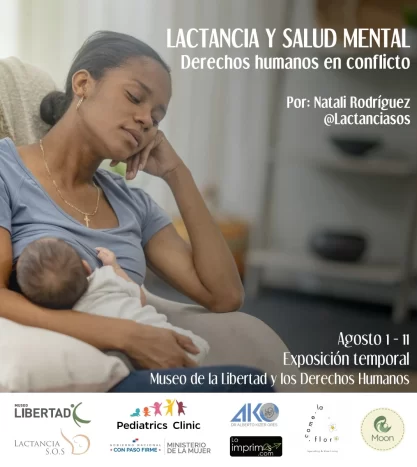
Tuesday to Sunday
Guided Tours
Let our tour guides take you by the hand and lead you on a journey through the history of human rights and their evolution in Panama and the rest of the world.
¡FOLLOW US!
Fundación Democracia y Libertad © copyright 2022 developed by It's Angee

